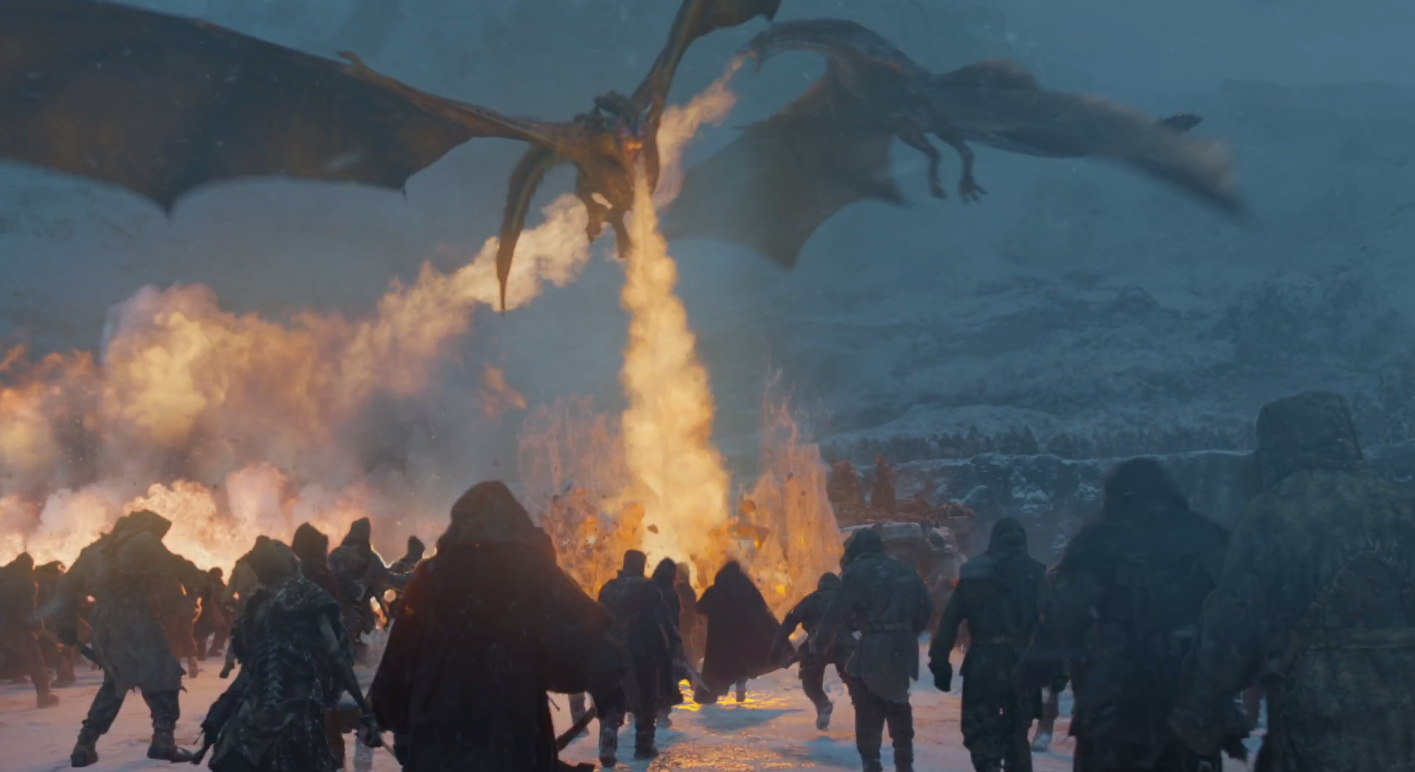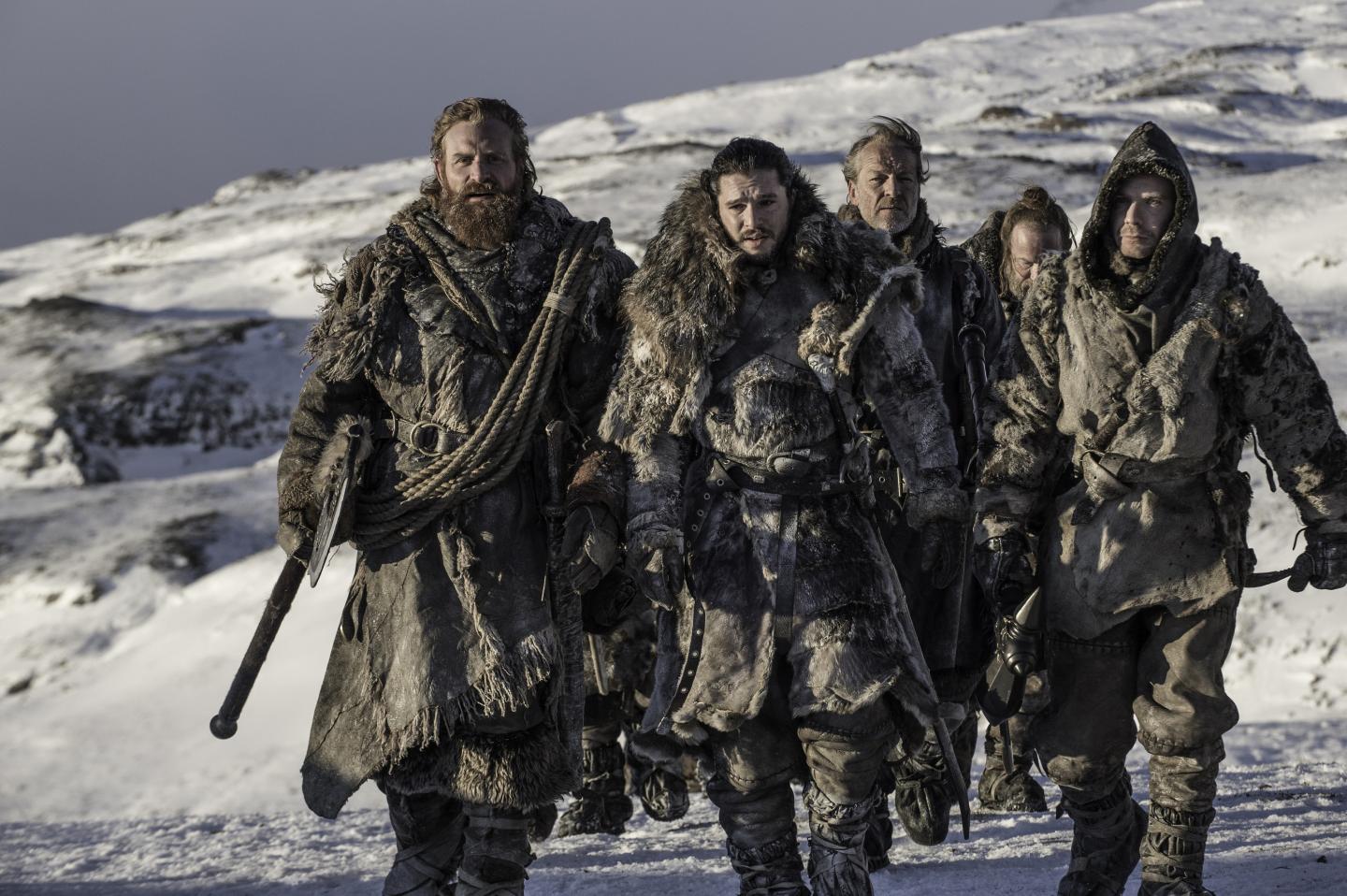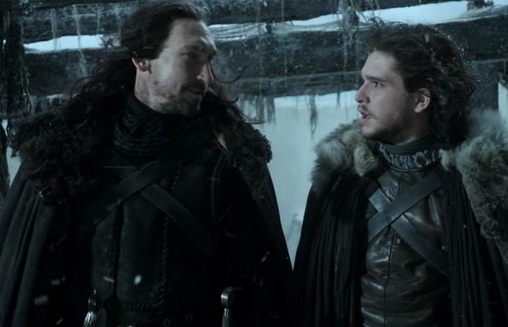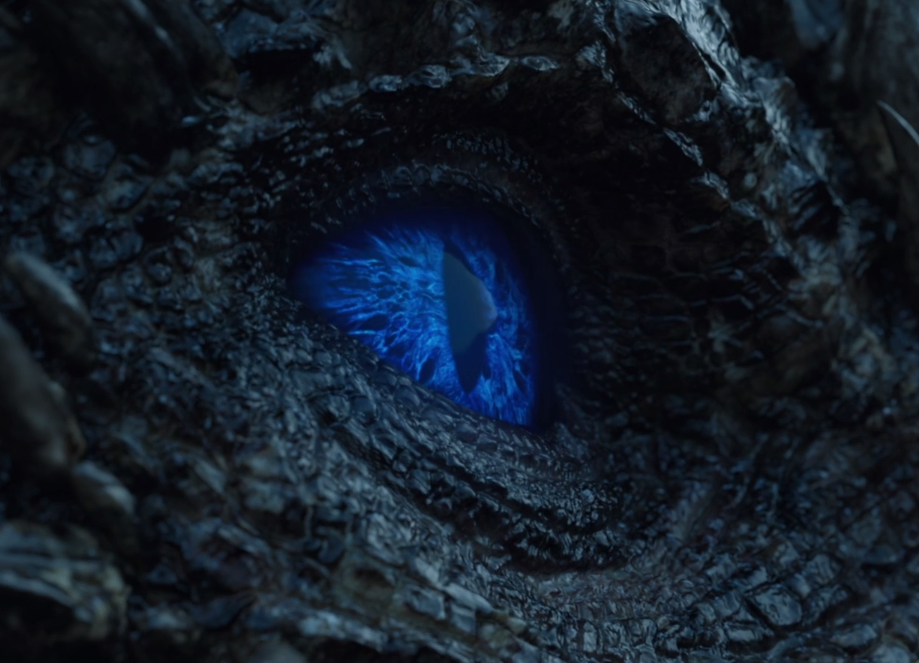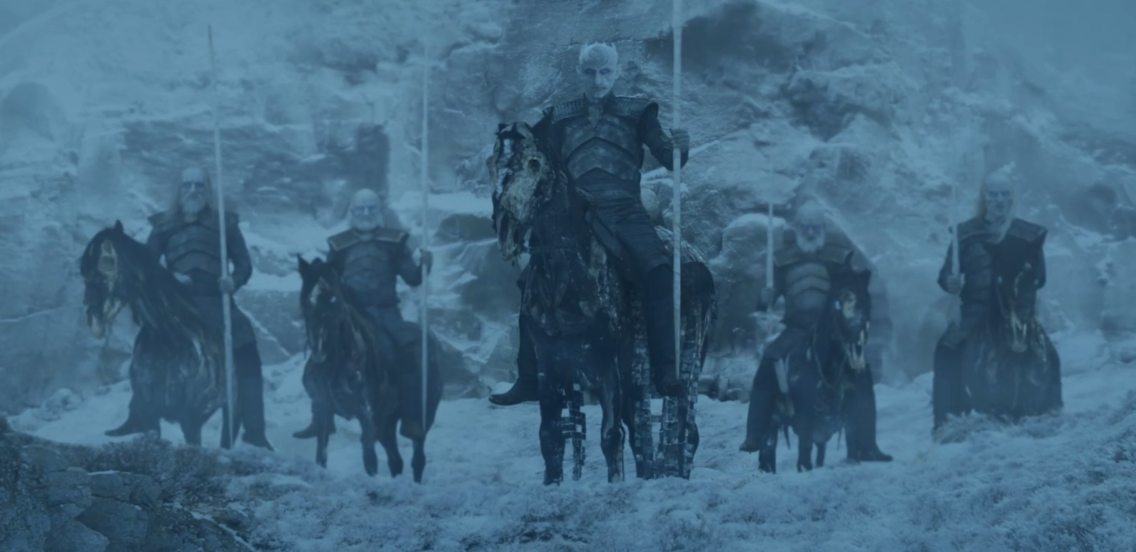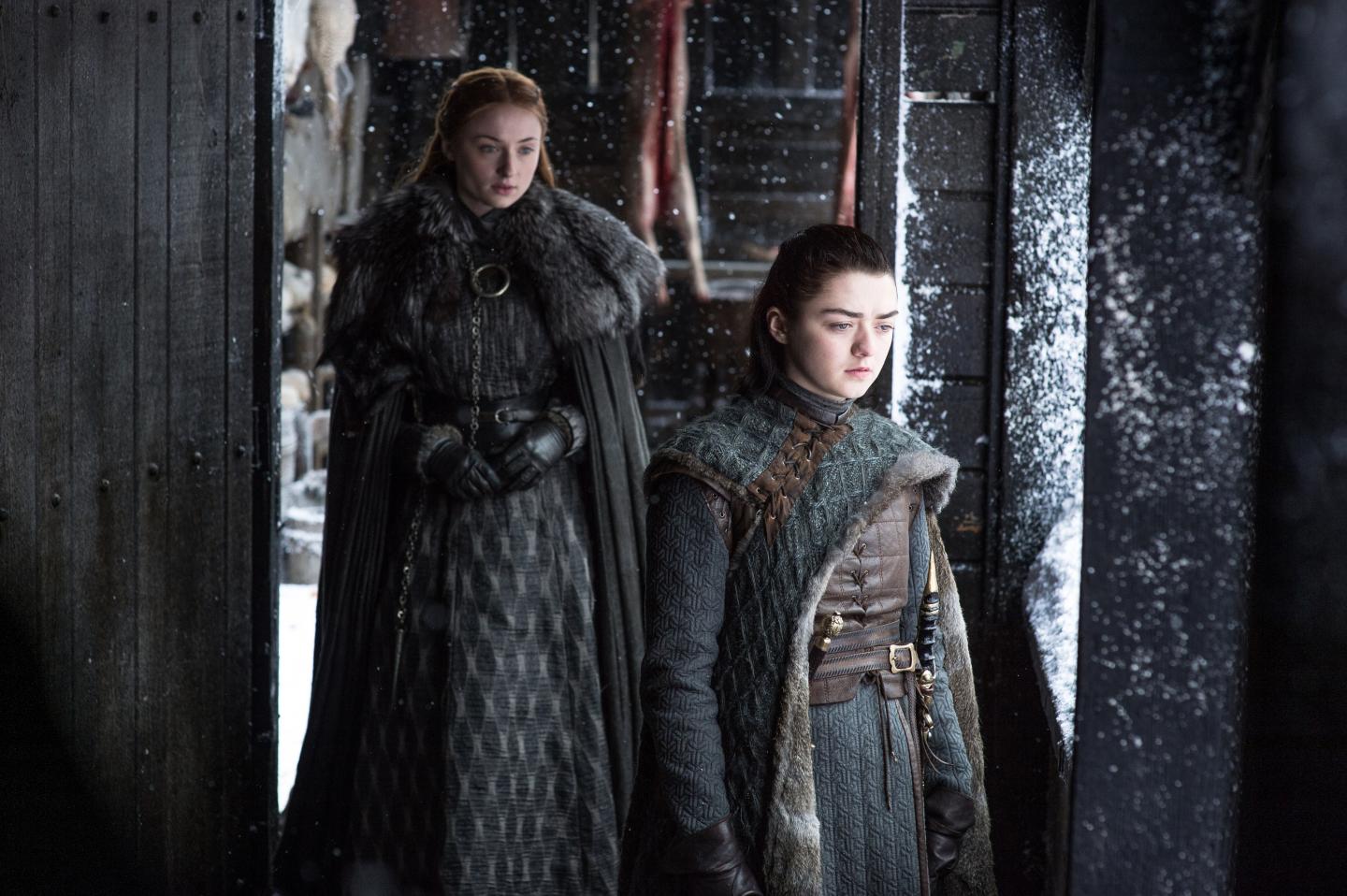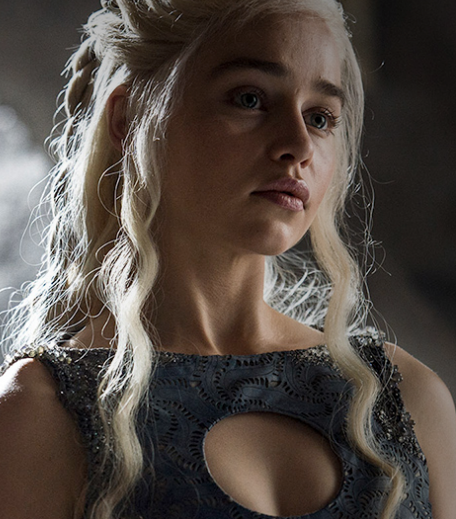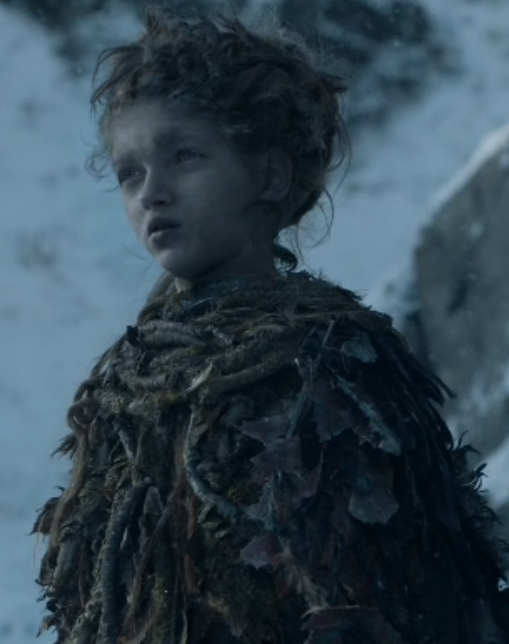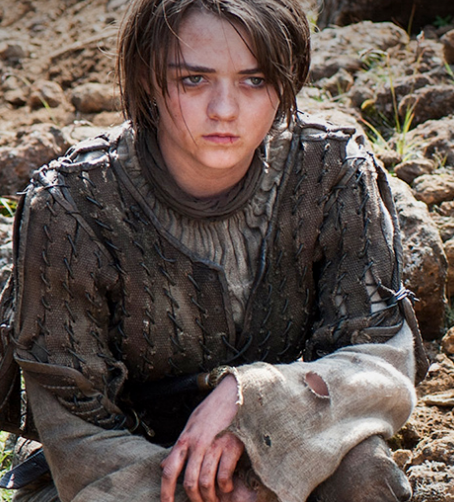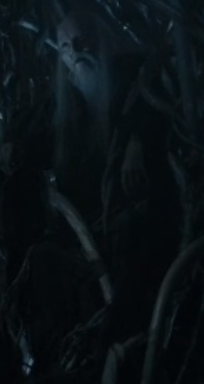DISCLAIMER: THERE ARE NO SPOILERS IN THIS ARTICLE. I HAVE NO KNOWLEDGE OF WHAT IS TO TRANSPIRE IN THIS STORY. ANY VIEWS OR CONTENT EXPRESSED ARE SOLELY PERSONAL THEORIES, OPINIONS AND INSIGHTS.
Here’s an idea for the framework of a story. Let’s start off with a series of events that will initially seem like the main purpose of the story, say a battle for supremacy over a throne. Let’s weave in countless battles, twist and turns, all in the name of conquering that throne. Let’s then start to pivot a bit and make our story multi-dimensional. Let’s tickle the curiosities and spark the imaginations of our viewers by starting to slowly and methodically offer the idea that the original premise of this story is actually not the end-all be-all. Sure, that first story about the battle for that throne once seemed all-important, but what if we start to craft another story, which starts to make the first seem less significant? In doing so, we offer a powerful idea: relativity. A plot-line that once fully consumed us, may now start to feel more disposable, when considered relative to a much more powerful story we can tell. And, say, that more important story will be centered around a much more existential philosophy….Maybe good vs evil, light vs dark, Ice vs Fire.

Of course, as we start to build this seemingly much more significant story arc, we will do so in a slow and calculated manner. We will start by offering breadcrumbs, early on, maybe even teasing the villain, a mysterious White Walker, in the very first scene of the very first episode. From there, we will build slowly over nearly a decade of storytelling, consistently reinforcing to our audience that there is a much more important storyline lurking in the distance — one that will continue to come into greater focus with each passing day.
And as our story nears its ultimate conclusion and this seemingly all-important storyline appears to be reaching its climax — the point where our audience will finally be rewarded with a a more illuminated view into the true message or meaning underpinning this story — let’s do the following: In the blink of an eye, let’s completely pull the rug out from under them. Let’s offer up a huge plot twist that undermines everything we’ve been telling our audience for the past 10 years. That original story we hooked you with — the one about humans battling for a throne — the one we worked so hard to remind you is actually less significant than that bigger and more important plot-line — let’s do a complete 180′ on that and decide it’s going to be the plot-line that the ending of this story will be dedicated to.
How does this framework sound to you? Shocking? Frustrating? Downright idiotic?
The Game of Thrones was fun. But it was just the first book in the Song of Ice and Fire series. Which, as we saw in the show, meant that this story ultimately was about something so much greater than mere mortals battling for a throne — a story that’s been done a dozen times over. This story was going to explore a much deeper, more powerful theme — one that cuts to the very existential core of human nature. The eternal struggle between good and bad, light and dark, which in this story, will be embodied by Ice and Fire.
It was not long before we started to understand that the battle for the throne was small potatoes compared to The Great War to Come. You know, that war that was going to determine the very fate of human existence. The war that pitted the dark and mysterious Night King against pretty much the rest of humanity. The war that tied in elements of gods, magic, dragons, and so much more. And what this show more than succeeded at was the masterful nature in which they built this story. Visions, flashbacks, allusions to events that happened thousands of years ago — these were just a few of vehicles that allowed us to start to understand the power of this storyline being built.
First, it was just White Walkers — pretty badass creatures of darkness that certainly made it clear that there’s a real threat to humans — a threat that makes bickering over a throne quite futile. But this story became all the more intriguing when we were introduced to The Night King, the mysterious leader of the White Walkers. Slowly, we were offered breadcrumbs which built the anticipation of this story, but also generally raised more questions. In season four, we learned how White Walkers were created, when we saw The Night King touch his finger to the face of a baby.
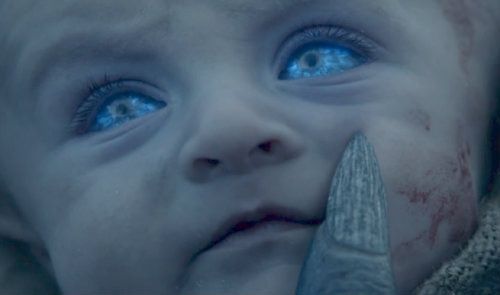
Two years later, things got even more interesting, when we saw how The Night King himself was created. Through one of Bran’s visions, we learned that The Night King was created by the Children of the Forest after they inserted Dragonglass into his heart. This certainly raised many more questions. Why exactly did The Children do this? They mentioned to Bran it was to save their kind from The First Men who had been slaughtering them. But how does creating The Night King save their people? Wouldn’t you just want to kill the humans you are at war with? Why insert Dragonglass into his heart? Seems like a strange ritual. And did The Children know they would be creating The Night King? Was that their intention? And who was the human they chose? Was he random or a significant character? And what about those spirals? We know those spirals were used by The Children, and then The Night King started using them as well — why? What was the ultimate connection between The Night King and The Children?
So many questions to be answered, and it was never a guarantee that they all would be, but as this story approached its final hours, it became abundantly clear that at minimum, there was a major connection between The Night King, The Children of the Forest and Bran. So with just a few episodes left before this 10-year journey comes to a close, I was expecting to learn a lot more about who The Night King was, why he was created, what his ultimate motivations were, how he was connected to The Children, what was the significance between he and Bran, etc… I felt that this entire saga, A Song of Ice and Fire, would be just that — a beautiful harmony, that as it reached its crescendo, would delight me with a a moment of clarity — a moment that allowed me to understand what this whole thing really was about.
What actually happened in tonight’s episode couldn’t have been further from this. What we got tonight, in the most highly-anticipated Thrones episode of all time, was an edge-of-your-seat 80-minute battle scene, and a 2-minute mindblowingly disappointing ending. As for the battle itself, hats off to Thrones for once again delivering another absolutely epic battle — one that took 11 weeks to shoot and required over 750 actors on set! No small feat. And while it was pretty suspenseful, it was actually one of my least favorite battles to date. The Battle of Blackwater Bay, the first real battle we ever witnessed on Thrones, watching those ships light up the sky with green wildfire, will always be a special one. Watchers on The Wall, the penultimate episode of season four (and the only other episode besides tonight’s to be fully dedicated to one battle scene), was spectacular as we got to watch The Night’s Watch defend The Wall for the first time against The Wildlings. Even the more recent Battle of the Bastards grabbed me more than this battle tonight.
First, I really found the battle to be a bit too all over the place. No doubt, this is precisely what producers/directors were going for — trying to create the feeling that this was not a singular battle happening in one location, but rather spread throughout many parts of Winterfell. Yet still, I found it a bit disjointed trying to follow the many different characters battling wights in many different nooks and crannies of the castle. I also found the coloring of the episode to be challenging. Again, this was no doubt intentional, but the combination of darkness from this battle being fought at night, mixed with a lack of visibility from The Night King’s foggy mist, made a lot of simply hard to follow — a big miss in my opinion.
I also flat out did not enjoy the role of the dragons in this battle. It was hard to see who was riding what dragon, which dragon was which, and ultimately I just didn’t feel the dragons were used well in this battle. This is all the more disappointing given that dragons versus White Walkers is the embodiment of Ice vs Fire, and it’s been nearly 10 full years that we’ve been talking about that moment when we’d finally see a battle where dragons are going against the army of the dead. I can’t say I was too impressed with it. I also found it a bit tiring the number of times a main character was about to be consumed by a clan of wights, only to be saved by another. Sure, once or twice I can chalk it up to writers taking some liberties, but it happened a half-dozen times, and at a certain point, it just becomes gratuitous. I get we can’t kill off all our main characters in one episode, but we also can’t pretend that they are all capable of fighting off 10 zombies at a time, and set each up to appear as though it’s about to be their last moment, only for them to be miraculously saved just in the nick of time.
But I can put to the side the above grievances I had with the battle itself. What I cannot put to the side is the way the episode ended. It utterly and completely rocked my world, and undercut everything I thought this story would ultimately be about. This episode was the one. Bran and The Night King were likely going to come face to face, and something major had to happen. As the humans are losing the battle, and the very real possibility of The Night King winning starts to set in and the climax is upon us. The Night King approaches Bran, with nobody left to defend him (remind me why anybody thought Theon would be able to defend Bran from The Night King?), and something BIG is about to happen. On the edge of my seat, my heart was racing in anticipation, feeling as though I was finally about to learn what the hell it is that The Night King is really after.
But it just wasn’t in the cards. Arya jumps from what seemed like a solid 10 feet, but is caught by The Night King, and it looked like this might be Arya’s last moment. But she makes a nice maneuver to drop the dagger into her other hand, plunge it into his side, and just like that, poof, The Night King is no more. Nothing even special about the way he was destroyed. He able to be killed the same as all the other White Walkers, with Valyrian steel. And he exploded into glass pieces, just like the White Walkers when they are killed. This was The Night King — not just another White Walker — and not that he had any business dying here, but I was even disappointed with the fact there was nothing special about what it took to kill him or the display of his death.
The way he died also simply felt too easy, too quick, too unimportant. Not taking any credit away from my girl Arya, but a 12-inch dagger to the side and the all-evil Night King is dead? That’s it? Let’s not forget, this is a Night King that has been around for hundreds, if not thousands of years. And that’s all it took to defeat him? Big miss there.
Anyway, just like that, in the blink of an eye, everything changed. In anti-climatic fashion, all the White Walkers are destroyed, and then their wights. The great war is over, the humans have won, and I am left feeling as though this is an ending to a story I have seen 100 times over. But wait! We still get to see who is going to win the Iron Throne — totally more important than a great war intended to decide the very fate of mankind — a war that we had every reason to believe was going to reveal a great deal of what this story was ultimately all about. And now, sadly, it seems we’re back where we started, and that it’s simply about humans fighting for a Throne. Can’t wait for more blah blah blah from Cersei in King’s Landing!
Maybe it’s my fault. Maybe I gave Thrones too much credit. Maybe I shouldn’t have believed this story was about something a lot deeper. But then again, this is a story with a 10,000 year back-history, one that was referenced hundreds of times throughout the show. We were given every reason to believe that there was great magic and mystery that happened prior to the start of this story — things we were going to learn about before this story concluded — things that would underpin the true meaning of this story. One very simple example of this is in season six when the show decided to take us back in time to show us The Children of the Forest creating The Night King. That gave us every reason to believe that we were going to learn more about The Night King, who he was, why he was chosen, what The Children were trying to achieve, the connection between the spirals, etc… Why even show that scene if we are never going to unpack it further?
Now, before I conclude this post, let me acknowledge the chance that there are still some big reveals around some of these topics. Bran is still alive, which means we still have a portal into the past (and future). So, it’s still entirely possible we learn more about The Night King, The Children, and what A Song of Ice and Fire is truly about. And I really hope this is the case. But, with the entire army of the dead defeated, it seems like that is now in the rearview, and the last few episodes will go back to human vs human battle to determine who will sit upon the Iron Throne at the story’s completion.
I am saddened and shocked by all of this. I find it hard to believe that George R.R. Martin created this masterful story, the ending of which is not concerned with Ice and Fire, but rather humans competing for the throne. It seems beneath where the story was going and feels like we took 100 steps backwards to a much less intriguing storyline. I hope the next few episodes have some course-correcting surprises, otherwise Lost may have just lost its top spot as worst end to a TV show of all time.
Odds and Ends
Arya’s Dagger: We’ve touched upon this dagger in several previous posts, but the Valyrian steel dagger that Arya uses to kill The Night King has a pretty cool backstory. It was originally used by Baelish who gave it to an assassin to try and kill Bran in season one (Baelish’s goal was to blame the Lannisters for the assassination attempt on Bran, to pit House Stark and Lannister against each other, which is precisely what happened). After the assassination attempt failed, the dagger ended up back with Baelish, who gave it to Bran when they reunited at Winterfell earlier this season. Bran then gave it to Arya, telling her he had no use for it. Had he already seen the vision of how Arya would use it to defeat The Night King? (Arya also used this dagger to kill Baelish).
The Prince(ess) That Was Promised: Obviously a theory we’ve been touching upon for years now. In a recent episode, the idea of The Prince That Was Promised was being discussed in Valyrian. Missandei, who speaks this language well, corrects Dany and Lady Melisandre, telling them that in Valyrian, that word has no gender, meaning it could be a Prince or Princess. This created more speculation around who would play this prophesied roll, with many people now thinking Dany, and some more recently even believing Brienne. Looks like, after all, it was Arya.
Bran’s Warging: What exactly was Bran doing when he was warging for so long in this episode? We saw he warged into some ravens, seemingly to get a better glimpse of what was going on in the battle. But we never really saw where the ravens were going, or what Bran saw through their eyes, if anything. If nothing significant, then it felt kind of pointless that he was sitting there warging this entire scene.
The End: It’s important to remind that the show is now far ahead of the books, and while George R.R. Martin has definitely provided direction for the show to work around, they are taking more liberties now than ever before. The first six seasons were based directly off books that were written. Characters, events, even most dialogue was direct from the books. Starting last season, the show jumped ahead of the books, and as a result, it seems a lot more liberties are being taken. It’s hard to know if the books will culminate the same exact way the show does.
RIP: Rest in peace to Beric, Jorah, Theon and Melisandre. Beric’s death was not too eventful, but he served his role in The Great War and helped to save Arya who would ultimately take out The Night King. Jorah’s death was the most noble, and there is no way he would rather die than fighting to protect his beloved Khaleesi. Theon’s death was so-so. I appreciated that Bran told him that he was a good man and thanked him, giving him the closure he had been searching for, prior to his death. That said, I found it silly that he was out there in the first place trying to protect Bran from The Night King, as if Theon stood a chance. We’ve seen the last of Melisandre as well, as she harnessed the power of The Lord of Light, played her role, then faded off into the distance, dying as the old woman she is (remember, it was the necklace she removed that kept her youthful).
